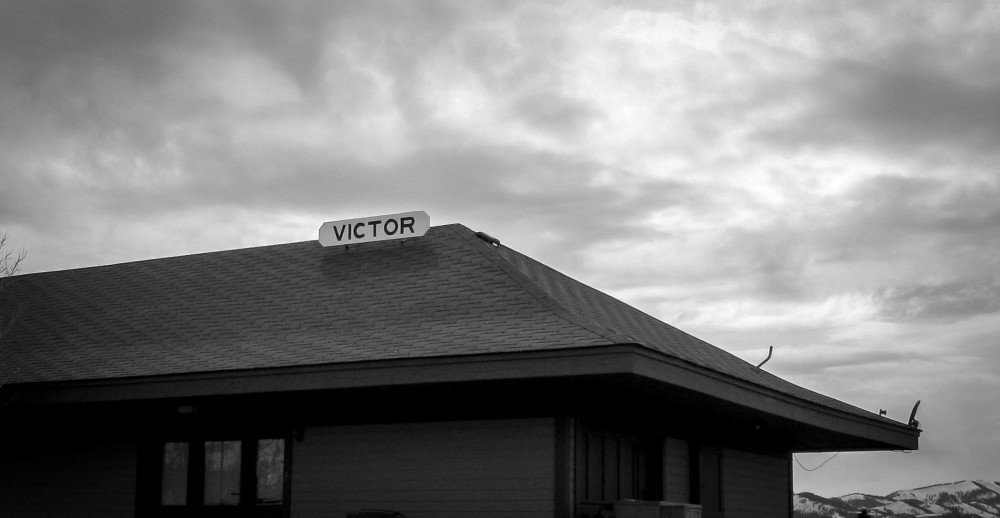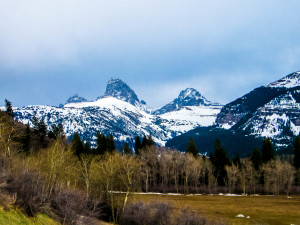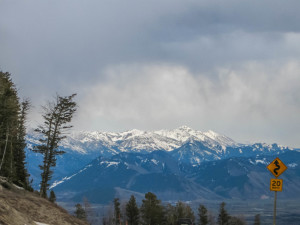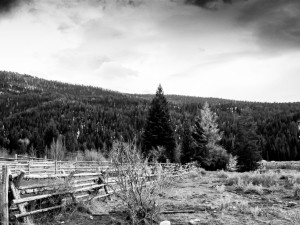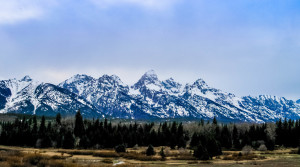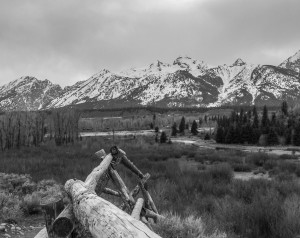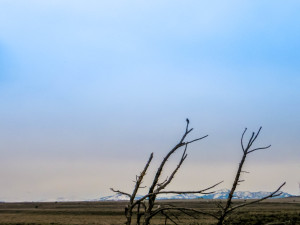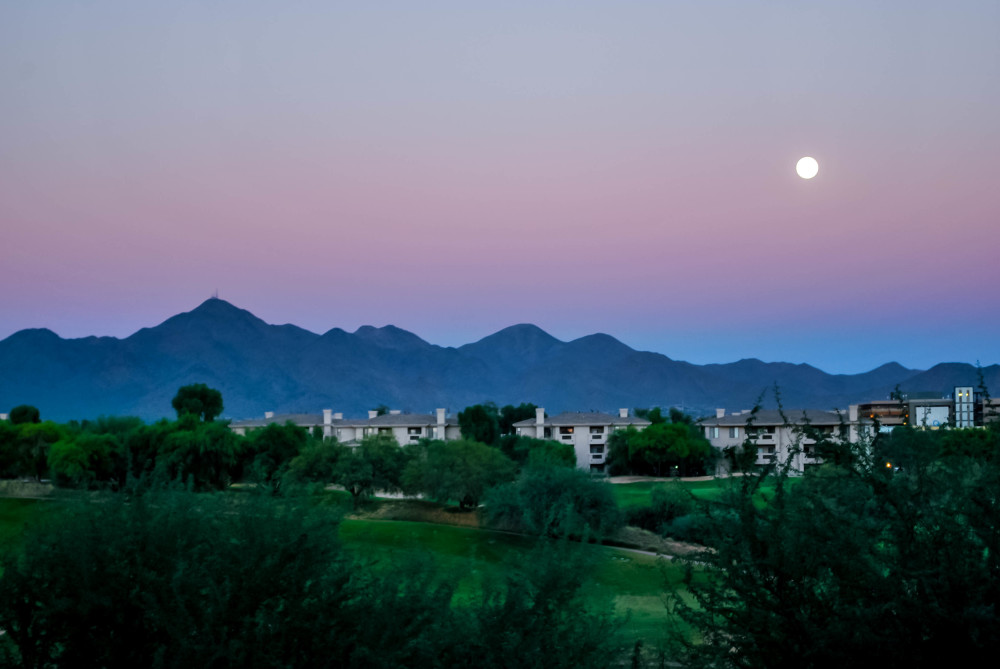Why Write: Letters Never Sent
Why Write: Letters Never Sent
July 23, 2015
After I shared a recent article/essay or blog (whatever I call the things I write), a friend texted: “Poked through your website. Curious as to what your thought process is as it relates to the site.”
There was also encouragement from another friend who reminded that writing was indeed therapeutic. Diaries or journals were not her thing; she doesn’t care for the stream of consciousness that emanates from her pen.
During long hours of driving, where I routinely compose in my mind, I pondered these ideas. To me it does coalesce into the one major question: Why write?
First, I love words. They are friends to me. Despite this fondness, I too have always had a difficult time keeping a journal. The trouble may really come down to laziness in an era when we have so many ways to waste time or divert attention. Perhaps this is a form of “collective attention deficit disorder.” Whatever the reason, I haven’t always been faithful to these friends, and so I visit occasionally, but leave words waiting to be written. This is in stark contrast to earlier times in the history of people of Letters, when we had incredibly deep, thoughtful and faithful diarists.
The original idea for this website (Hardwarejava.com), was for a website using the notion of a coffee shop where stories are shared and heard. The initial hope was that this virtual coffee shop would be the springboard of a regular writing regime. Later, as the idea ripened, I thought that with the travel I do for my career, there could also be a section for a travel log. And finally, I came up with the addition of a photo gallery and a section for things I enjoy like different coffees and cigars. So far, though, this has mainly been a place to write words; a place to visit my dear old friends.
Language is intriguing in its own right. Taken for granted is the concept that words are symbols used to evoke ideas and pictures to bring meaning to the abstract. Used in combinations, we bring life to the mundane, life to memory, life to emotions. This is so elemental, but nonetheless, so powerful.
Which words and which thoughts to write then? This is the “Big Why” for me.
My father wrote a couple of poems we found after his death. (And perhaps there were more; I’ll never know.) And as to the one I still have in my possession, I read it at his funeral. (See below.)
Dad died in April of 1986. He was 57. A month later in May, I graduated from college. In June, we were married. It was just that kind of year. Four months to the day before Dad died, my grandfather, his dad, died. With the reflection that comes from distance and time, Pop (as we called my grandfather), had truly been my best friend growing up. He was a constancy in a childhood filled with a fair amount of uncertainty.
As I sit and write at an age much closer to when Dad died, I realize I do not have many material artifacts from either man. Some of my father’s books, some of Pop’s old tools. All of which are important to me; but that is all I physically possess. The rest lives in memory.
Dad had been diagnosed with lung cancer in the fall of 1984. After treatment, it went into remission. Then, after Pop died, spots had returned; this time to Dad’s liver. In that era, and maybe in this one too, that was really the closing act.
When he became sick again, Dad told me he had wanted to write letters to his four sons. Unfortunately, for whatever reason, that didn’t happen. It could have been because he thought he had more time. In the last few days, it was certainly that morphine clouded and dulled his mind. Regardless, and no blame to spread, the fact is that there were no letters. No thoughts about life and death. No shared stories; no instructions on what he learned about being a man in the midst of the cultural and personal turmoil that is life.
Pop shared a lot of stories about his teenage life as a cowboy in Idaho. Traveling from Akron, Ohio via railroad as a fourteen-year-old to his uncle’s scrabble ranch at the base of the Tetons, he stayed in the West from approximately 1919 to 1924’ish. At 19 or 20, he rode the rails home to Akron.
If even a third of Pop’s stories were true, it was an amazing journey for a young man, at any time and any place. (Some of the bawdier stories were wild, not age appropriate, and still elicit a rye smile from deep within.)
Pop came home and married an older woman, and they had a child, my dad, the year before the Great Depression. Then a second son came a couple of years later, when times were hard. There was the Depression and WWII, and when there was work, he spent forty years making tires at the Firestone plant in Akron. Every work day, in and out of the same factory gate. For a man who had seen the vastness of the West, this always puzzled me. How could he stay in that job, hard and routine, knowing the freedom of the open spaces? As he got older, he came back to those days. I fully believe he passed feeling a horse under his thighs.
So why write?
I want my children to know these things. And hopefully, they will glean something of who their Old Man was. Who their mother was. A window into their parents’ lives. If I don’t leave anything else, perhaps they will always have these words. I want them to have something from me.
Certainly, I pray I will have more time with them than Dad had with us. And I hope I can keep sharing well into the future. However, we never know. We seldom know when that moment will come. And even when we do have an idea, it doesn’t necessarily mean we will be able to compose the letter that tries to make some sense of it all. It also seems like a lot of pressure to put on a letter anyway. To get it “right”, and to get it fully with meaning. My friends, these words, ought not to have that kind of pressure.
******************************
From my father’s pen; from his heart:
Where Did the Little Boy Go?
by Eric Fogle
Look deep, if you can
Into the eyes of a man
To see where the little boy used to live
He has to be hard with little regard
For the boy who found joy in all the love he had to give
Oh where in this life
In a world full with strife
Can a man take time to remember?
Warm summer days
Going through a phase
And bells that ring in September
Balloons and baboons
Soft winter moons
And a snowman made in December
Yes, what happened to the boys who played with their toys
And whose laughter rang like a bell from a steeple?
Why, they sail away on ships made of clay
Swirling around
Going around
On reefs of a kind
That are stored in their mind
Forgetting their love for all people
So, take time if you can
To listen to the heart of a man
You might hear him say
The man had to go
The boy couldn’t stay
